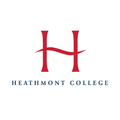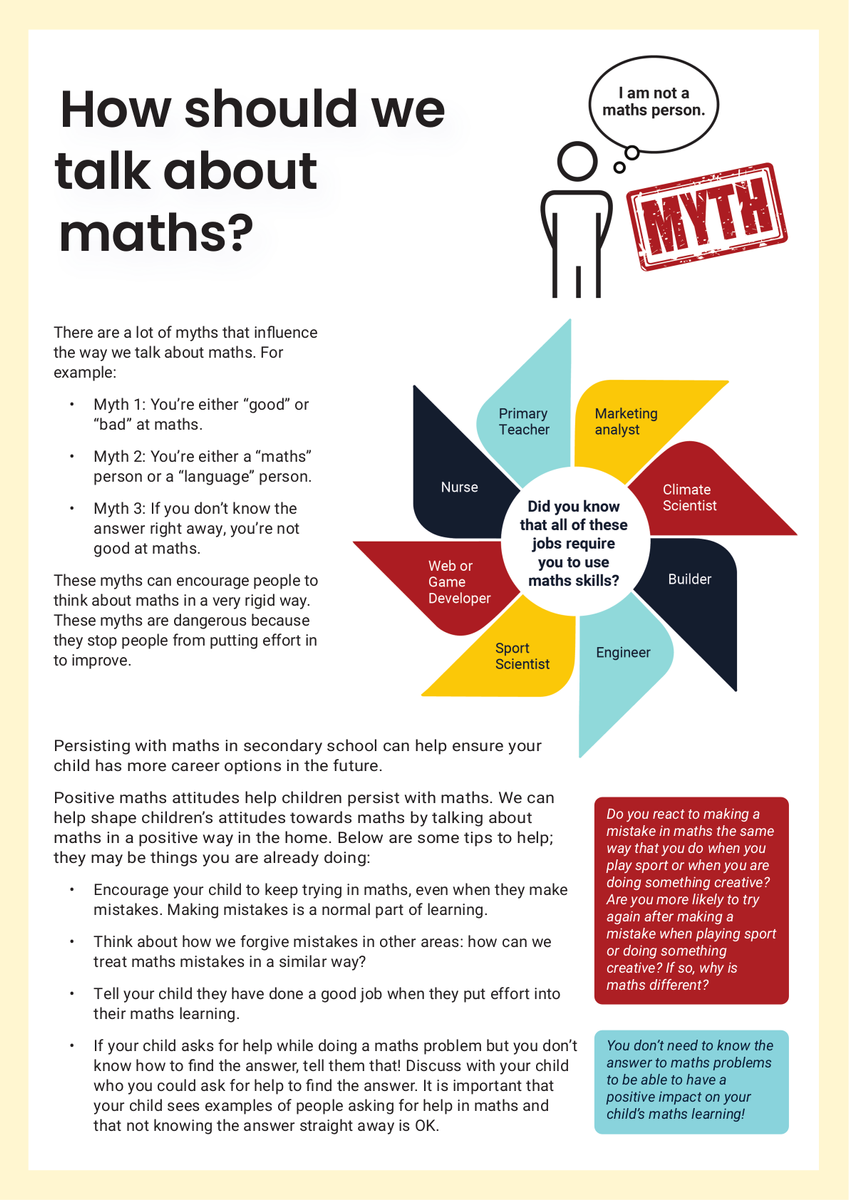Principal Report

Bali Tour
In our last edition of the Gazette, I sent through a quick snapshot of what we were doing on the Bali International Tour. I am pleased to report that the tour continued very successfully, and we all had an amazing time. There is further detail about the trip later in this edition however, I would like to take this opportunity to formally thank Bu Devathas for organising this trip and passionately campaigning for it to go ahead. It was the first international tour we have run since the COVID pandemic and for it to go so smoothly took an awful lot of work.
I would also like to say a big thank you to Nova Bacon, a parent member of our community, who accompanied us on the tour and supported staff and students. It was great to have the additional support and I know that the students appreciated Nova being there. Parent helpers on camps and excursions are quite rare in secondary schools so it was especially special to have that support for this tour.
ATSIMA AAMT National Summit
In the holiday break, I also had the opportunity to represent Victorian Mathematics teachers at the ATSIMA (Aboriginal and Torres Strait Mathematics Alliance) / AAMT (Australian Association of Mathematics Teachers) Summit for Aboriginal and Torres Strait Islander Mathematics Education. It was a great opportunity to hear about what is currently occurring in this area to help to close the very large (and widening) gap between Indigenous and non-indigenous mathematics outcomes. At the summit, we heard from representatives of the mathematics teacher associations from across all of the states and territories and we developed a shared commitment about actions that would follow. This followed on from our trip to Yirrkala last year for the ATSIMA conference. At Heathmont College, we have made a commitment to aim to have at least one topic in each year level address Aboriginal and Torres Strait Islander knowledge, perspectives, history or culture through Mathematics. This is an extension of the work that Ms Jess Lawson and Mr Shane Hunt did in 2022/2023 to develop a unit of work for year 7 around counting systems. This unit is still being used in the Year 7 curriculum and is due to be published very soon on the ATSIMA website for schools across the country to use as well.
More about maths…..
This edition, I have included quite a bit about mathematics, and I make no apology for that! As a maths teacher myself, I know how important this area is for student success and confidence however, I also am very much aware of the many challenges that are faced in the mathematics classroom both by students and by teachers. One of the things that poses a great challenge is something referred to as 'Maths Anxiety’'. Maths anxiety is defined as, ”a fear, apprehension or negative affective reaction associated with participating in or thinking about mathematics” and research around this phenomenon suggestst that it is highly prevalent in our society and that it impacts on girls much more so than boys. Research also clearly identifies that maths anxiety can have a very significant impact on student achievement in mathematics and the likelihood that studnets select to study maths in the senior years of schooling or choose to follow a STEM pathway beyond school.
Last week, I spent some time in each of the Year 8 maths classes talking a little bit about how students feel about doing maths and it was quite enlightening. I certainly saw signs that maths anxiety is impacting on how students learn in the maths classroom.
Like many aspects of human behaviour, tackling something like maths anxiety requires a multi-faceted approach and we are working to develop some strategies in the maths faculty around how we provide support and build relationships – both with students and between students and the curriculum – to address this issue. Our mathematics teaching staff will be trialling strategies across this term to attempt to address this phenomenon in our classrooms and support students to develop positive dispositions towards the subject and discipline.
Conversations about maths at home have also been found to be highly influential when it comes to whether a student develops anxiety towards maths. Parents who have maths anxiety have the potential to pass this on to their children, as do teachers who are maths anxious. I encourage you to think about how you talk about maths at home with your young people and to read the parent flyer included below to prompt your thinking around this. Here at the college, Ms Joanne Ganis is our Numeracy Improvement Leader and part of her role is to support strategies in classrooms and beyond to help students learn maths effectively. Ms Ganis has been working with Mr Niven (our Literacy Improvement Leader) to start up our BOOST tutoring and homework support program, among other things. Ms Ganis has big plans for different activities around mathematics and numeracy to BOOST student enthusiasm, access and support so please keep an eye and ear out for activities and events coming up across the year. If you have any questions about the supports being offered, please contact her at the college to discuss.
Over the next few weeks, I plan to continue to visit classrooms to hear more about student dispositions towards maths and some of their other subjects and to gather further ideas from them as to what we can do as a faculty to support students to develop positive attitudes and dispositions towards this very important part of the school curriculum.
Kerryn Sandford
College Principal


